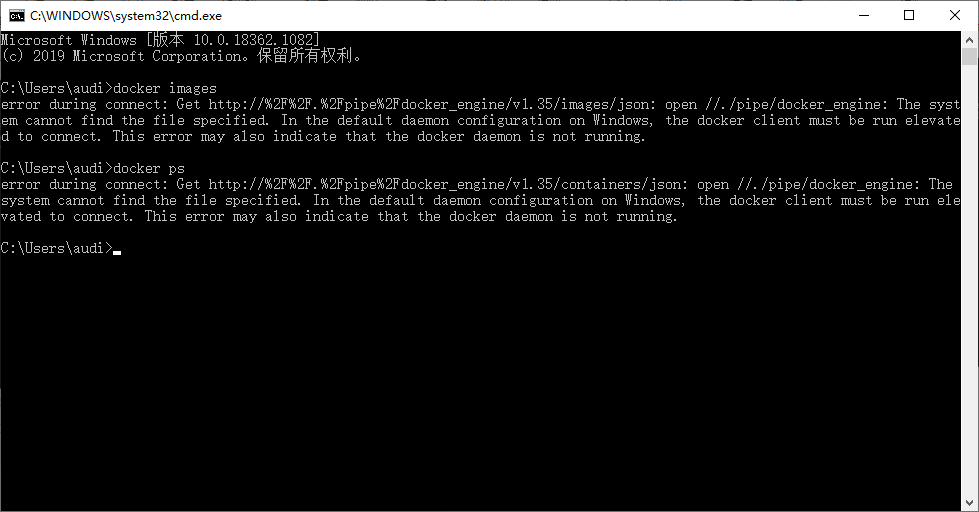

- #Parsec daemon not running install#
- #Parsec daemon not running software#
- #Parsec daemon not running series#
- #Parsec daemon not running download#
- #Parsec daemon not running mac#
Rainway is a respectable competitor to Parsec and their team has provided a web-based client that seems to run on anything I've tried it on.
#Parsec daemon not running download#
Since we're on the VM currently, download the Parsec Windows client here, and run the installer. We're going to set it up just in case you find it works for you and also, because it installs a handy virtual audio device that I'll hit on more in a moment.
#Parsec daemon not running mac#
Parsec's Mac client has been wonderful for me, however.

I have not tested the Raspbian option on my Pi 4 yet but I can share that the web version did not work well at all for me on my Pi. The Parsec team offers both native clients for popular operating systems (Windows, Mac, Ubuntu, Android, Raspbian (!)) as well as a web-based solution for all other scenarios. When network lag crops up, Parsec does a top-notch job at actively reducing the video quality to keep the framerate consistent. Parsec has often been my go-to remote gaming solution, mainly because it was the first one I found that worked for me. Adding another browser avoids this altogether. Enterprise servers are often configured with a locked-down setup of Internet Explorer which makes crawling the web quite a pain until disabled. Now, before we get any further with our setup, let's simplify life by installing Chrome or Firefox (or maybe even the new Chromium Edge, which I honestly like). Welcome to your pristine, cloud-hosted and brand new VM! First things first, if you happened to attach an additional disk during creation, now is probably the most convenient time to go ahead and mount/format it, using Computer Management's disk tools just like any old physical PC. Things are less trivial if you have created a VPN to bridge networks, for example.Īfter ensuring your VM is running, go ahead and connect to it via Remote Desktop. If you head over to the overview section of your VM on Azure portal, not only will you see the machine name assigned to your VM, but there should also be an option to download an RDP profile (bypassing the need to manually enter your machine name in RDP).Īssuming you haven't diverged from the prescribed configuration in our previous article, you have the choice of either copying the "DNS name" / host name of the VM into Remote Desktop manually, or clicking the "Connect" button to download an RDP connection profile. RDP should have already been enabled for us when we provisioned our virtual machine.
#Parsec daemon not running series#
As the goal of this article series is to connect from a Raspberry Pi, this is ruled out.
#Parsec daemon not running software#
However, both the client and host must be running relatively recent versions of Windows and both must support H.264 hardware encoding, otherwise the connection will fall back to software rendering. it does exist, and I sort of glossed over that detail above. While not true VNC solutions, I am grouping both Parsec and Rainway into this category due to the general connection experience (shared among clients). VNC: A variety of client/server options employing the VNC protocol to share a remote machine's existing user session (where RDP creates a new session for each connection, VNC generally mirrors the same experience to all connections).

After setup, we'll also use it to access Remote Desktop so that we can block Remote Desktop in our firewall. We can use SSH on our gaming rig to set up port forwarding for a Minecraft server, for example. SSH can also forward connections on local ports over to an address/port on the remote machine's network (or vice-versa).
#Parsec daemon not running install#
Great for a quick connection to install software in our case. Almost zero obstacles when setting up or connecting but generally, will not use hardware acceleration (see note after list).


 0 kommentar(er)
0 kommentar(er)
